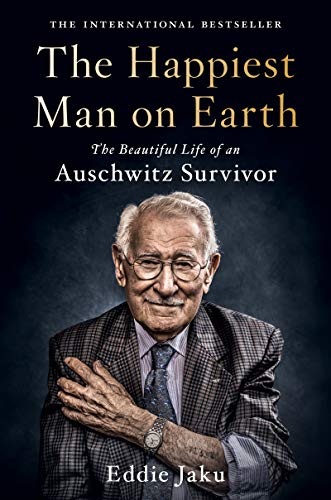
Apocalypse Undone
by Preston John Hubbard
"My Survival of Japanese Imprisonment During World War II"
Popularity
0.1 / 5
* A book's popularity is determined by how it compares to all other books on this website.
Where to buy?
Buy from Amazon* If you buy this book through the link above, we may receive a small commission at no extra cost to you.
Apocalypse Undone by Preston John Hubbard
Details
War:
World War II
Perspective:
Prisoners of War
True Story:
Yes
Biography:
Yes
Region:
Asia
Page Count:
280
Published Date:
1990
ISBN13:
9780826514011
Description
Brief Summary
Apocalypse Undone by Preston John Hubbard is a gripping memoir that takes readers on a harrowing journey through one man's experiences during World War II. The narrative follows Hubbard's transformation from a young, idealistic CCC worker to a deeply changed individual, marked by his first-hand experiences of the brutalities of war. This account not only chronicles his survival through some of the darkest moments of the Pacific War, such as the infamous Bataan Death March and the hardships endured in Japanese POW camps, but it also delves into the psychological and emotional toll of these experiences.
Main Themes and Topics
The book primarily explores the theme of survival under extreme adversity. Hubbard’s story is a testament to human resilience in the face of unimaginable horrors, including starvation, forced marches, and the constant presence of death. Another prominent theme is the transformation induced by war; it examines how these events erode innocence and alter one's perception of humanity and morality. Additionally, the memoir critiques the concept of war itself and those who perpetuate it, reflecting the author's contempt and disillusionment with the conflicts engineered by nations.
Writing Style and Tone
Hubbard’s writing style in Apocalypse Undone is both frank and evocative. His use of detailed descriptions brings to life the stark realities faced by POWs, making the reader acutely aware of the harsh conditions and the emotional weight carried by those who suffered. The tone of the book shifts from one of initial optimism and idealism to a somber, reflective stance as the narrative progresses. This gradual shift effectively illustrates the profound impact of war on the human psyche.
Criticism
Some readers may find the book's vivid depictions of suffering difficult to digest, though they are crucial to underpinning the authenticity and depth of Hubbard's experiences. Additionally, for those unfamiliar with the historical context, the memoir might feel dense at points, as it assumes a certain level of understanding about World War II events, particularly in the Pacific theater.


![The Tattooist of Auschwitz [Movie-Tie-In]](https://m.media-amazon.com/images/I/51oBZ7tuzeL._SL500_.jpg)






